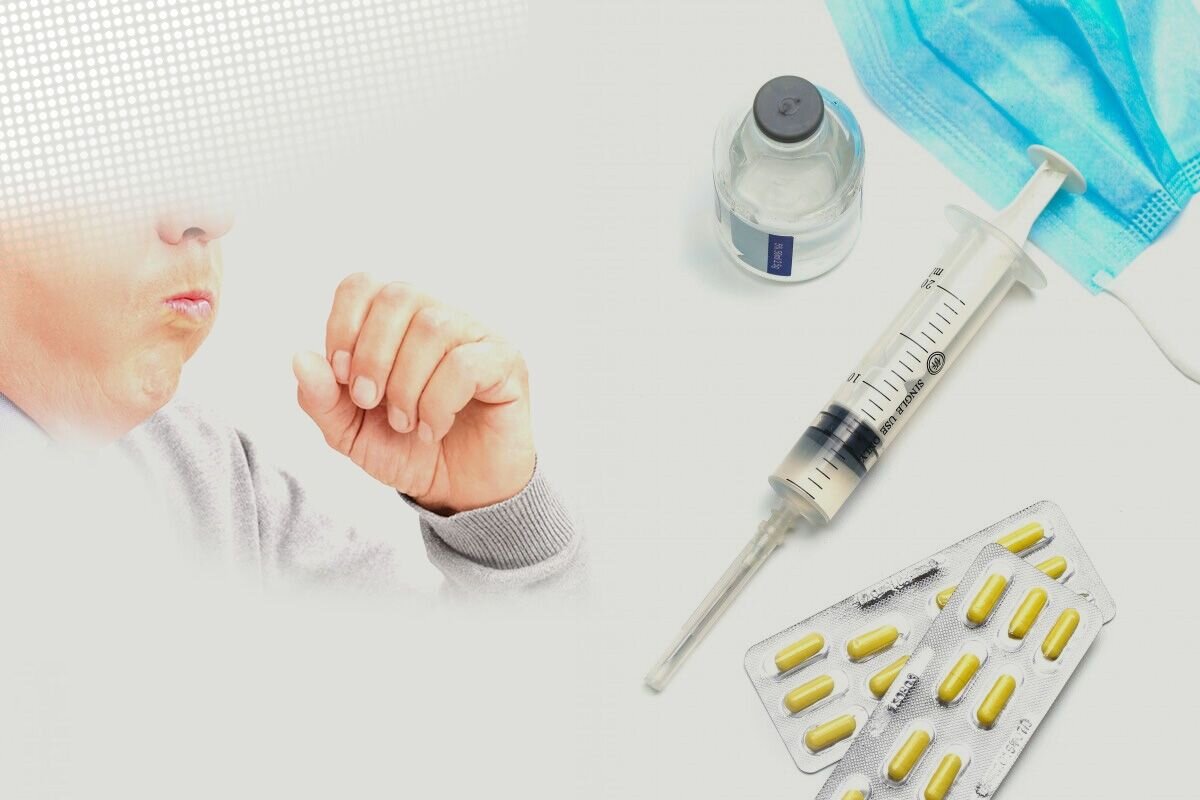Vaccination against rotavirus, pneumococcal to kick off

TEHRAN – A national vaccination plan aiming to combat rotavirus and pneumococcal, which most notably cause diarrhea and pneumonia respectively, will be added to the country's immunization program as of the next Iranian calendar month, starting January 21.
Rotavirus can cause severe watery diarrhea, vomiting, fever, and abdominal pain. Children who get rotavirus disease can become dehydrated and may need to be hospitalized.
Babies can get three doses of vaccine at the 2nd, 4th, and 6th months of life. The vaccine is administered by putting drops in the child's mouth, IRNA quoted Mohsen Zahraei, the head of the preventable diseases department of the Ministry of Health, as saying.
The pneumococcal vaccine helps protect against some types of bacterial infections that can cause serious illnesses like meningitis (an infection in the brain and spinal cord) sepsis (a life-threatening reaction to an infection) pneumonia (an infection in the lungs).
Zahraei further noted that pneumococcal vaccine can be injected when babies are 2, 4, and 12 months old.
“We hope to be able to develop these two vaccines soon. Once the vaccines pass the quality control trials, and obtain the Food and Drug Organization approval, we will be able to use the domestic products in the national vaccination program,” Zahraei said.
“Since the development of a vaccine is a complex process and takes a lot of time, the vaccines are imported now.
Annual vaccination worldwide prevents the death of two and a half million children, which shows the very high effectiveness of vaccines,” he added.
Measles and rubella eliminated in Iran
In April 2023, the World Health Organization confirmed that measles and rubella have been eradicated in Iran, Health Minister Bahram Einollahi said.
This success was achieved for the country in a situation where many European countries have not yet received approval from the World Health Organization regarding the eradication of measles and rubella, but the Islamic Republic of Iran has succeeded in eradicating these two diseases, he added, ISNA reported.
Measles is potentially a deadly disease. Severe complications include pneumonia, diarrhea, blindness, and encephalitis (brain swelling).
Most people who get rubella usually have a mild illness, with symptoms that can include a low-grade fever, sore throat, and a rash that starts on the face and spreads to the rest of the body.
On December 18, 2022, UNICEF donated 600,000 doses of the measles vaccine to Iran.
In May 2022, Iran announced that the number of confirmed measles cases in the past six months had exceeded 100 cases, despite the fact that the country had eliminated the virus prior to the COVID-19 pandemic.
The sudden rise in the number of refugee arrivals from Afghanistan to Iran as of August 2021 and the delay in providing both Afghan and Iranian children with the necessary routine vaccinations during the COVID-19 pandemic, were some of the potential causes of increased measles cases in Iran.
In response, the Ministry of Health rolled out a measles vaccination campaign, vaccinating all refugees in the country aged 9 months to 30 years old, and called on the public to ensure that the routine vaccination of children is completed as per the national schedule as soon as possible, including children who had missed vaccinations because of the pandemic.
The measles vaccination program in Iran started in 1984 when 34 percent of the population was vaccinated in the first year and 90 to 95 percent of the population after 6 years. Also in 2003, 33 million people were vaccinated with a national program to eradicate measles in the country.
Concerns about the spread of measles in the country are growing as the Afghan population grows.
Iran’s Primary Health Care (PHC) system is known as a role model in the Health Sector which could be adopted by other countries, both in terms of expanded networking and outreach as well as the successful linkage between the Health Sector and Medical Education institutes, such as Medical Universities, according to UNICEF.
MT/MG
Leave a Comment